As the monsoon season sets in, bringing much-needed relief from the scorching heat, it also brings a host of health challenges.
The damp and humid weather creates the perfect environment for bacteria, fungi, microbes and viruses to thrive, making it essential to be mindful of what we eat. While it's tempting to indulge in seasonal treats and street food, certain foods can pose health risks during this time.
-
Seafood
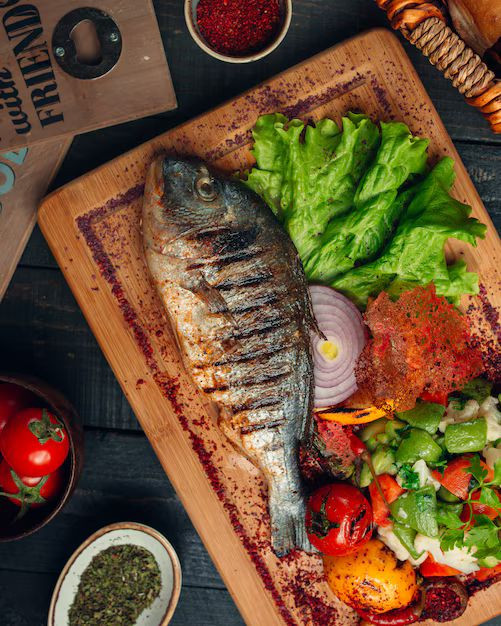
Seafood is a year-round delight, but during the monsoon, it can pose some risks. Fish and prawns are more susceptible to pathogens and bacteria, which thrive in the season's warm, freshwater bodies. Eating seafood now can increase your chances of getting sick, so it’s wise to be cautious with your seafood choices during this time.
-
Root Vegetables
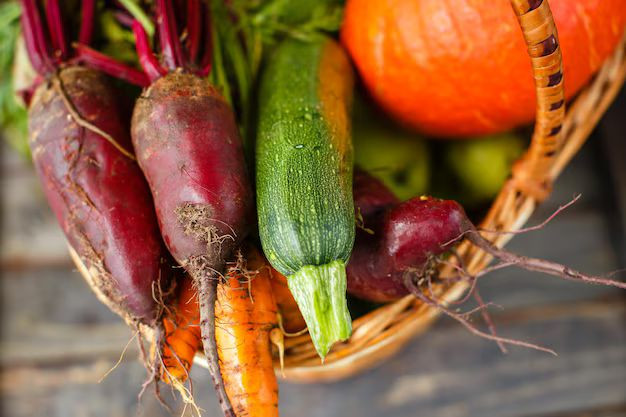
Root vegetables are a staple in many diets, making it hard to avoid them completely. Common examples include onions, carrots, and the ever-popular potatoes. However, during the monsoon season, the high water content in the soil causes these vegetables to absorb more moisture, making them prone to bacterial growth. This increased susceptibility to bacteria means it’s wise to limit their consumption during this time.
-
Leafy Green Vegetables
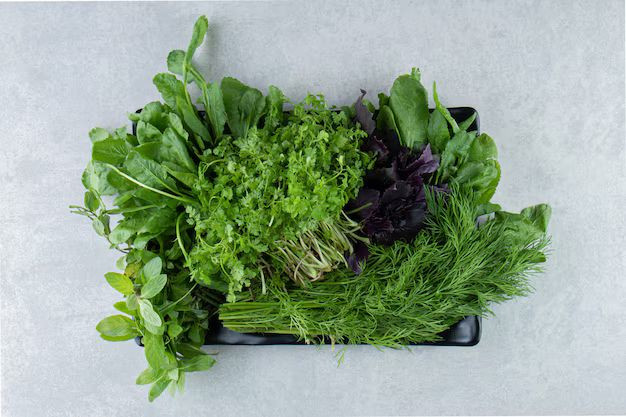
Leafy greens should be avoided during the monsoon season as damp conditions promote bacteria and fungi growth on their surfaces. Greens like spinach, lettuce, and kale can easily become contaminated, leading to indigestion or infections
-
Cauliflower and Broccoli
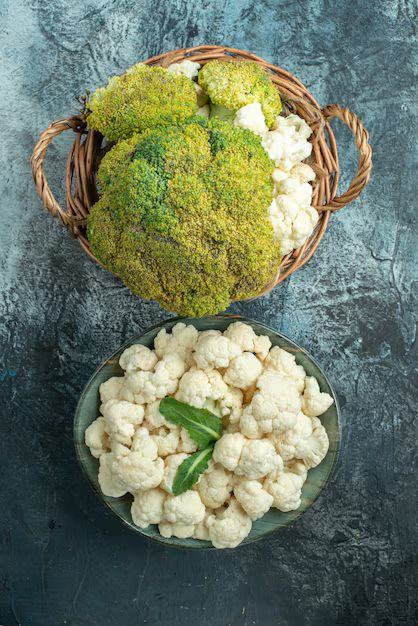
Their dense structures trap moisture, fostering bacteria and insects. High humidity increases contamination risks, leading to foodborne illnesses and digestive issues. Opt for easier-to-clean vegetables during this time.
-
Eggplant
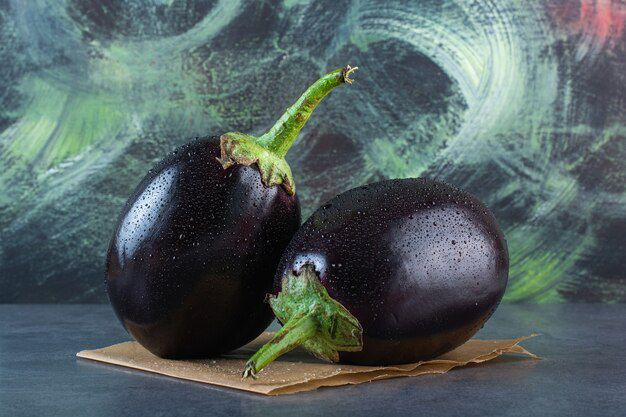
Eggplant should be avoided during the monsoon season as it can develop alkaloids to protect itself from moisture and bacteria. These compounds make the vegetable more toxic, increasing the risk of rashes, itchiness, and nausea for those who consume it.
-
Bell Peppers
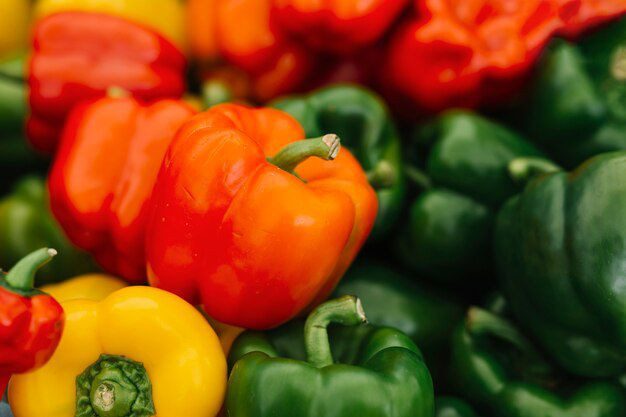
Bell peppers can be difficult to clean thoroughly, and consuming them raw during the monsoon season can lead to stomach infections, especially if they harbour waterborne pathogens.
-
Dairy Products
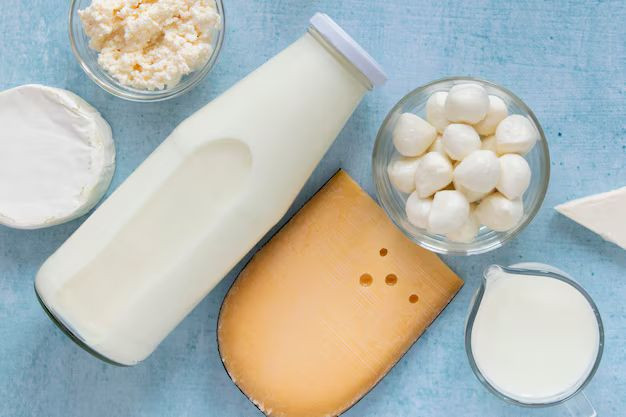
During the monsoon season, dairy products like milk, cheese, and yoghurt can spoil quickly if not stored at the right temperature, as bacteria and pathogens thrive in humid conditions. Consuming contaminated dairy can lead to gastrointestinal infections and food poisoning. To avoid this, store dairy products in a cool, dry place and consume them before their expiry date.


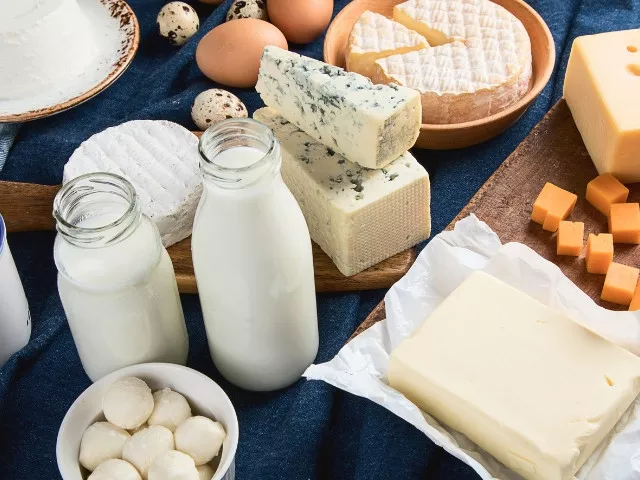






COMMENTS
Comments are moderated and generally will be posted if they are on-topic and not abusive.
For more information, please see our Comments FAQ